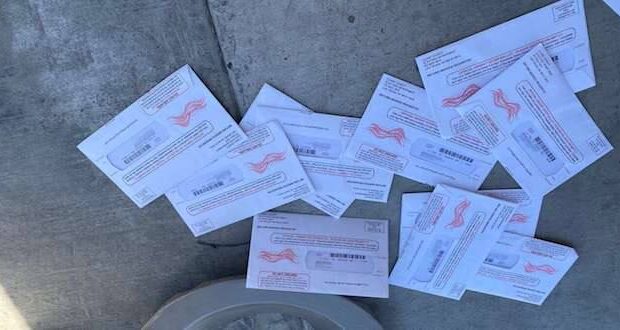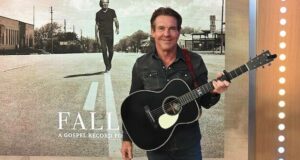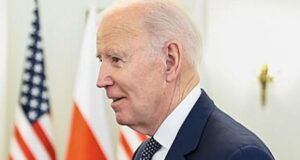The U.S. Supreme Court this week blocked attempts in South Carolina to do away with witnesses for absentee ballots. The nation’s highest court blocked a lower federal judge’s injunction that eliminated South Carolina’s requirement that absentee ballots be witnessed and signed by a third-party. The SCOTUS ruling, which was unanimous, could impact other attempts around the nation by Democrat officials to have long-standing state election laws changes just weeks before the Presidential election.
Absentee ballots are different than mass mail-in ballots because absentee voting has safety measures that ensure the voter requesting and filling out the ballot is identified as the voter on record. Across the country, activists are using Covid as a reason to do away with laws protecting the integrity of absentee voting.
READ: The facts on mail-in voting
On September 19, in a case titled Andino v. Middleton, Democrat-appointed U.S. District Judge Michelle Childs issued an injunction eliminating South Carolina’s ballot witness requirement. The state immediately appealed to the 4th U.S. Circuit Court of Appeals, and then asked the Supreme Court to get involved to temporarily halt the effect of Judge Childs’ order pending the appeal.
Although the Supreme Court didn’t issue a formal opinion with its order, and didn’t have to at this stage of the legal process, it is significant that Justice Bret Kavanaugh formally offered a short statement containing two reasons why the lower court injunction was improperly granted.
First, a legislature’s decisions on whether and how to deal with COVID-19 and the election should not be second-guessed by the judiciary, according to Justice Kavanaugh, “which lacks the background, competence, and expertise to assess public health and is not accountable to the people.”
Second, even if the courts do have a legitimate reason to intervene to protect someone’s federal voting rights, Kavanaugh noted that the Supreme Court has been clear that “federal courts ordinarily should not alter state election rules in the period close to an election.”
In the South Carolina case, the Supreme Court’s order did permit any absentee ballots without a third-party witness signature that were mailed in and received within two days of the high court’s order to be counted. A minority of the justices, including Clarence Thomas, Samuel Alito and Neil Gorsuch indicated they were not in favor of that lone exception and would have disallowed it.
In recent months, some state courts around the country have stepped in to unilaterally modify local election laws, including in Pennsylvania. In several federal cases this year, the Supreme Court has blocked lower courts’ attempts to modify state election laws in Wisconsin, Texas, Florida and Alabama.
One election law blog lists 265 COVID-related election lawsuits currently filed in 45 states, Washington, D.C. and Puerto Rico. Generally, these cases request that the courts modify state laws regarding election procedures because of concerns over voters catching the disease.
Do courts have the authority to act in a pandemic to accommodate safety concerns that allegedly haven’t yet been addressed by any given state legislature? Constitutional issues such as the separation of powers between the three branches of government drive the legal discussion in these types of cases.
–wire services
 Metro Voice News Celebrating Faith, Family & Community
Metro Voice News Celebrating Faith, Family & Community 









